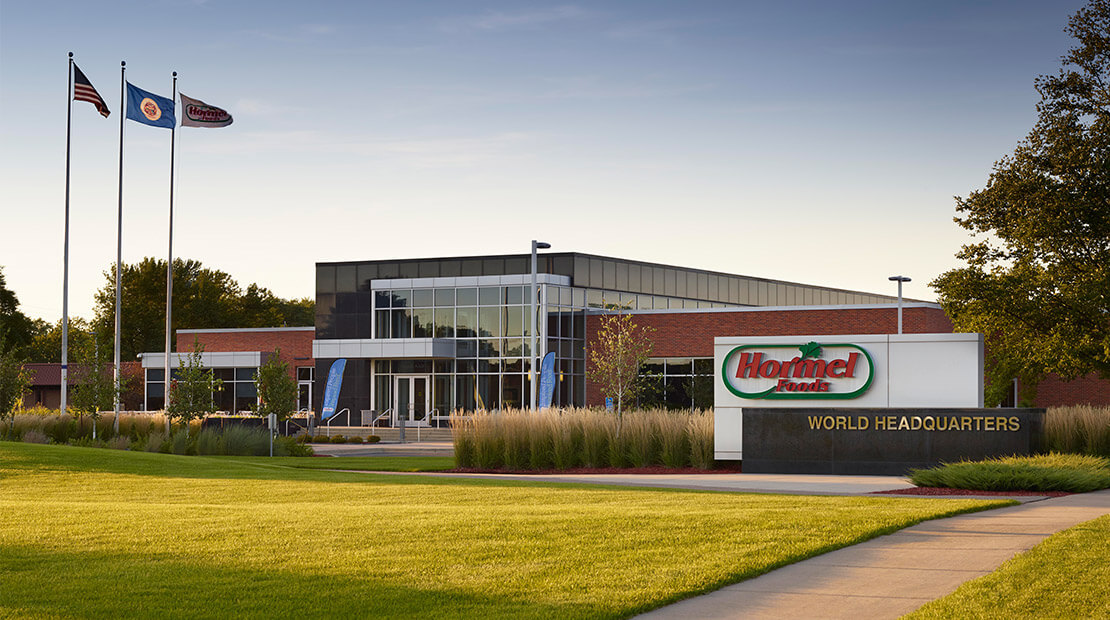Company
Food Companies Adjust to Operating With Coronavirus Costs

Wall Street Journal
Food-processing companies have spent millions of dollars on testing and safety to stay in operation during the pandemic. Now they are looking to the next phase: figuring out how much of that spending is here to stay and how to get higher production in a new reality.
Companies such as Hormel Foods Corp. and Tyson Foods Inc. have invested heavily in on-site testing, plexiglass dividers, masks and special bonuses for front-line employees, expenditures necessary to stay in operation as some meat-processing plants across the country temporarily closed due to coronavirus outbreaks.
But finance chiefs now are weighing which of those costs are temporary, and which are permanent. Hormel spent $20 million on virus-related precautions in recent months, and is now doing a deep dive on them, looking for ways to trim expenses, but also to get more out of production lines slowed by worker absences and social-distancing rules, said Jim Sheehan, chief financial officer at the Austin, Minn., company.
“It was to beat the emergency and do everything possible, as quickly as possible, and sometimes almost at any expense,” Mr. Sheehan said of the company’s Covid-19-related investments. “And now we get better at it.”
That could mean buying less expensive masks as supply increases and prices stabilize, or getting protective gear from new suppliers, Mr. Sheehan said. It could also mean finding ways to automate some functions in meat-processing facilities to increase production, he said.
Still, Hormel, which is best known for producing Spam, turkeys and bacon, expects to spend as much as $80 million on such changes in the second half of the year. Profit declined almost 10% to $227.7 million in the quarter ended April 26, due in part to lower demand from food-service companies and plant disruptions, the company said.
“Covid-19 costs are likely to be bigger than we (and we think most investors) anticipated,” said Thomas Palmer, an analyst with JPMorgan Chase & Co., in a May research note about quarterly results at Hormel, which also makes foods such as peanut butter and guacamole.
Costs associated with testing, in particular, are expected to remain high in the months ahead. Hormel and other food producers have begun offering on-site tests at plants in areas with significant outbreaks. The cost can exceed $100,000 per plant, Mr. Sheehan said, describing testing as an important way to contain future outbreaks.